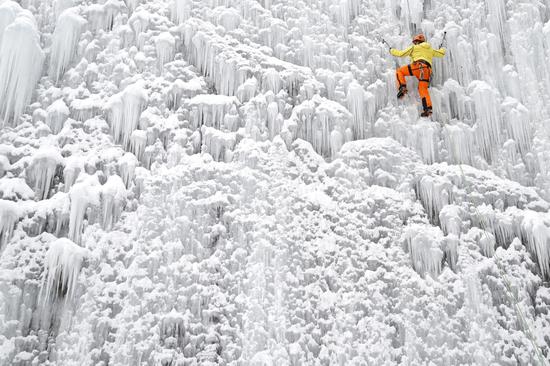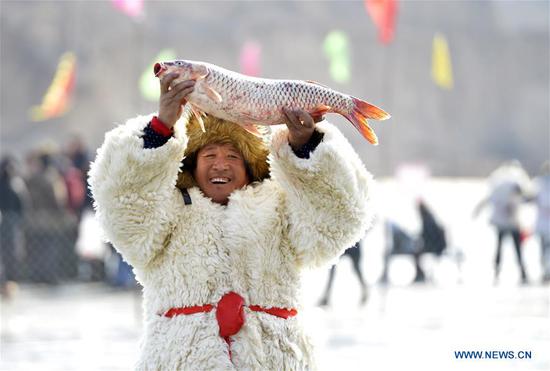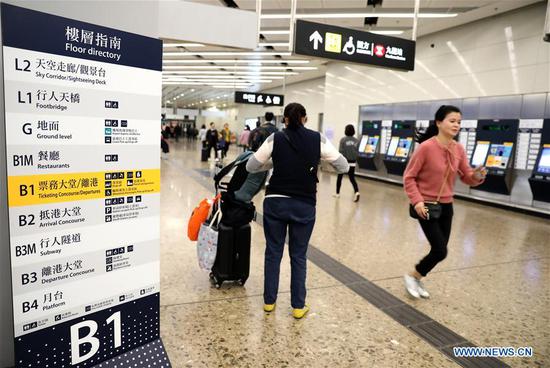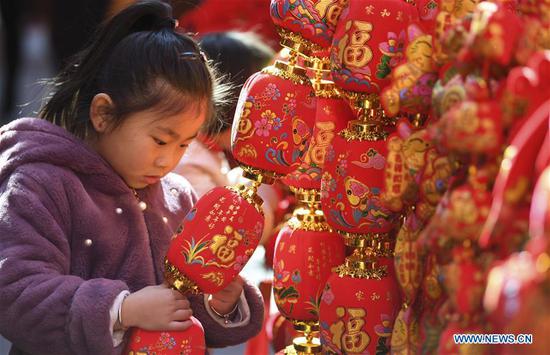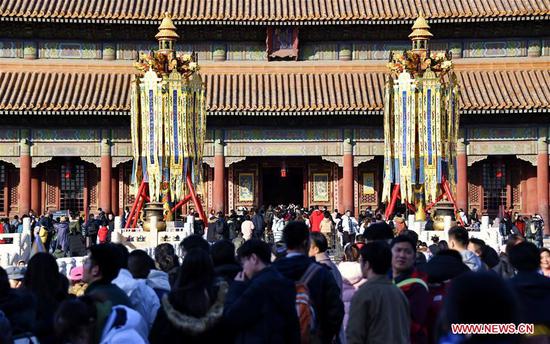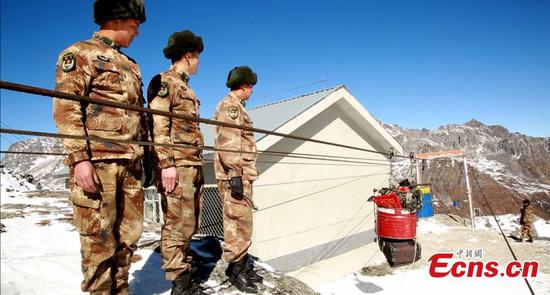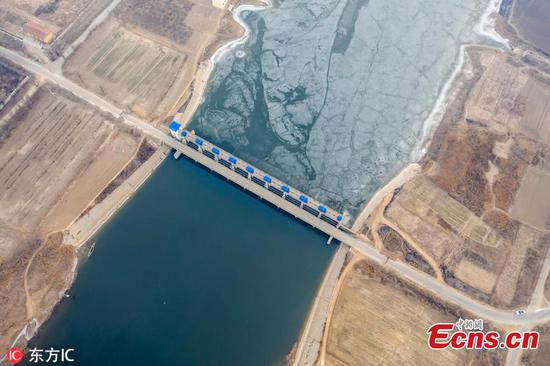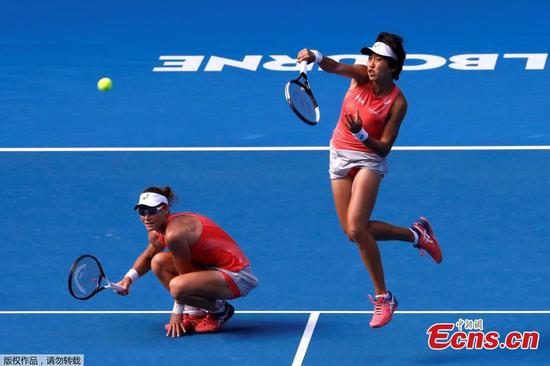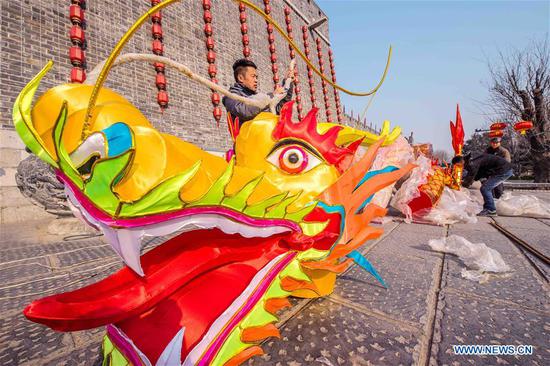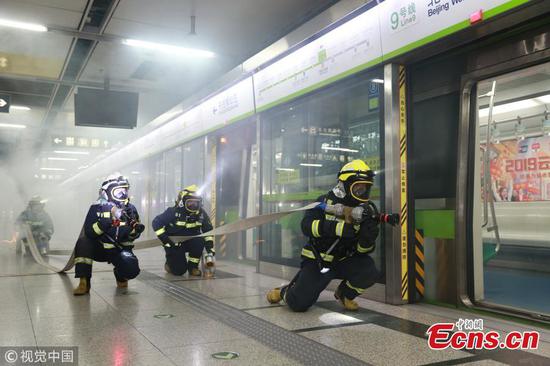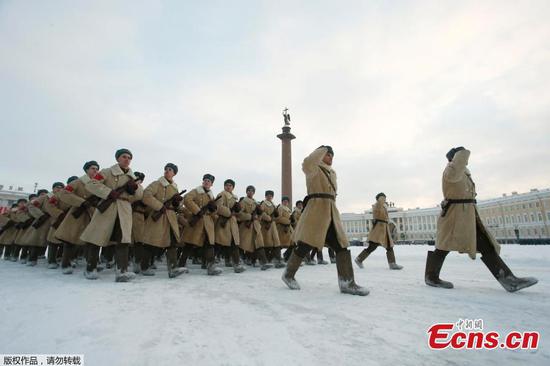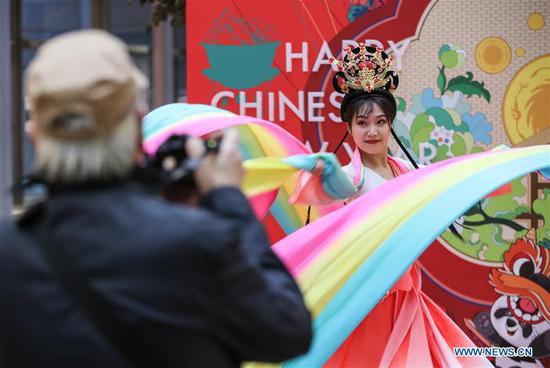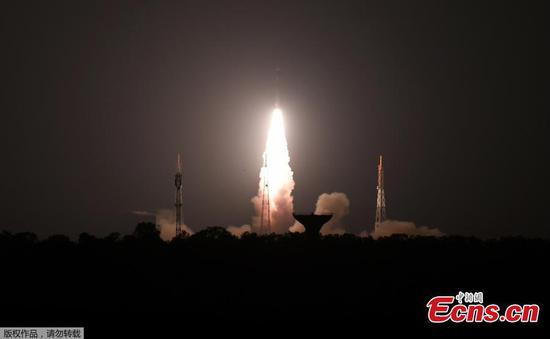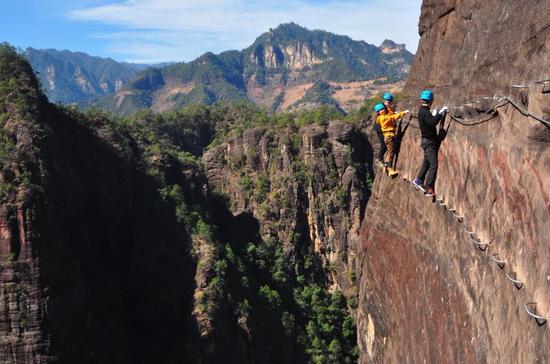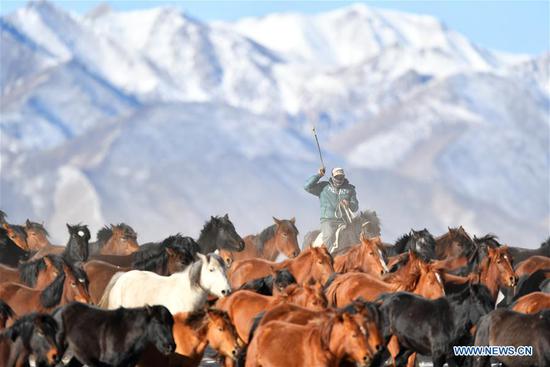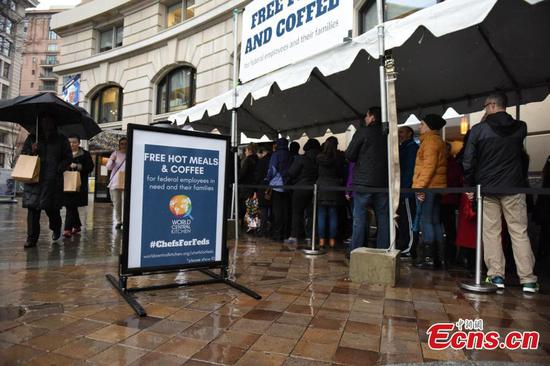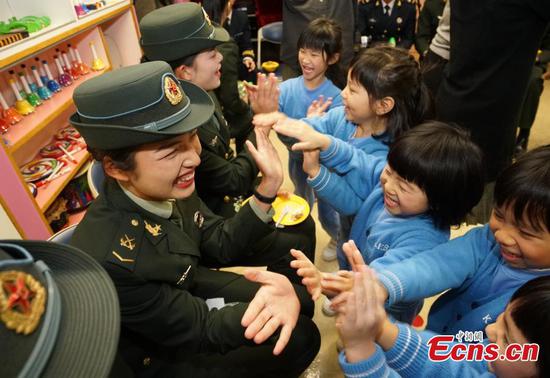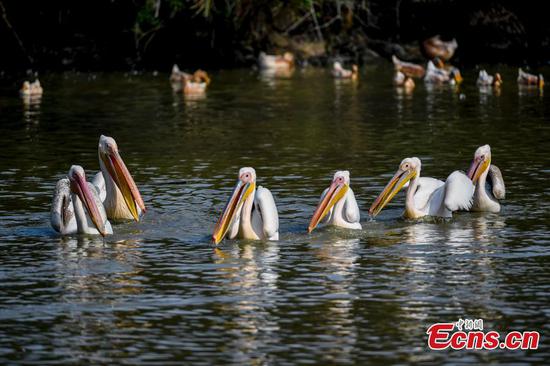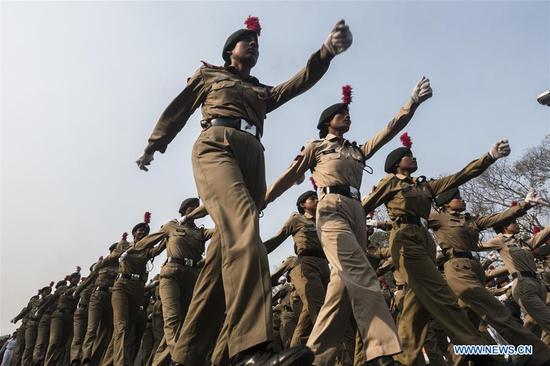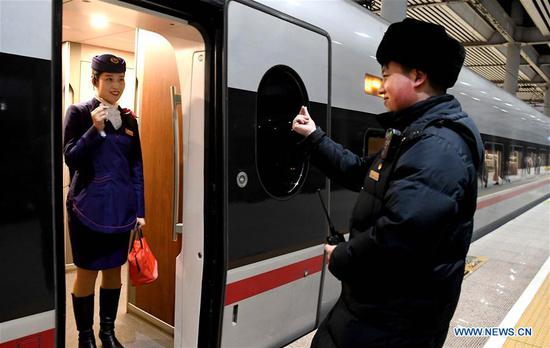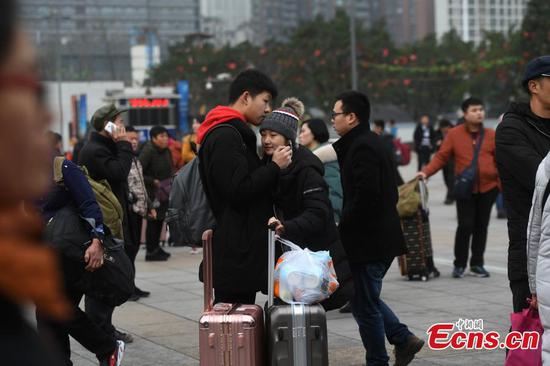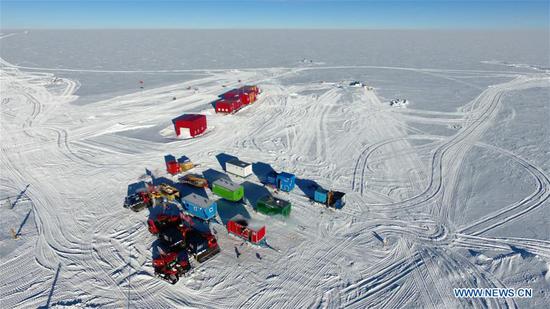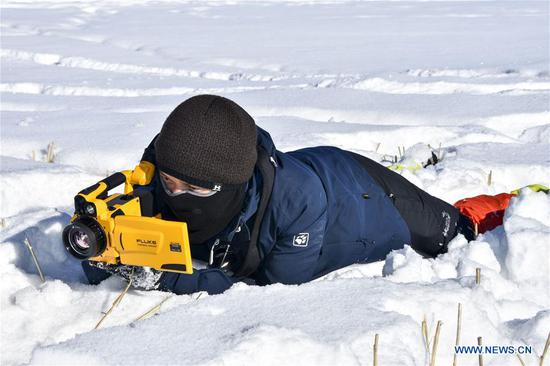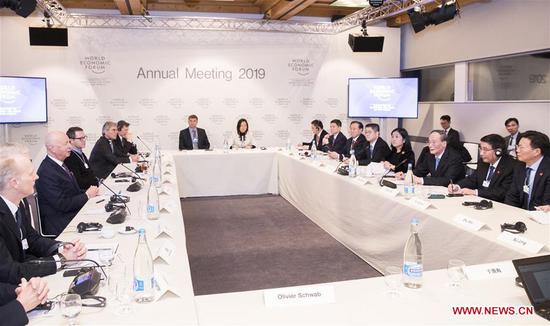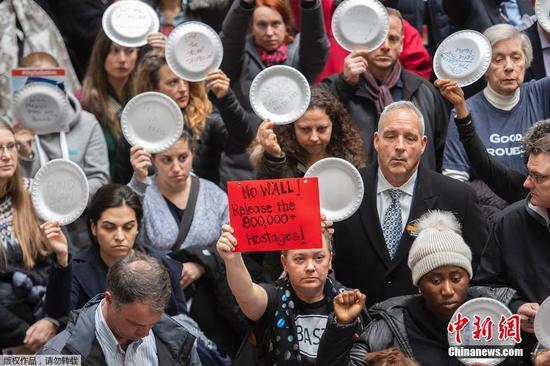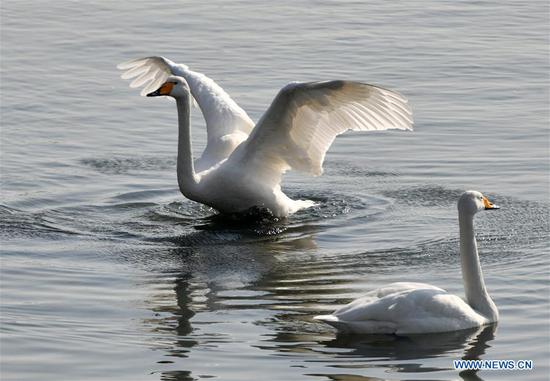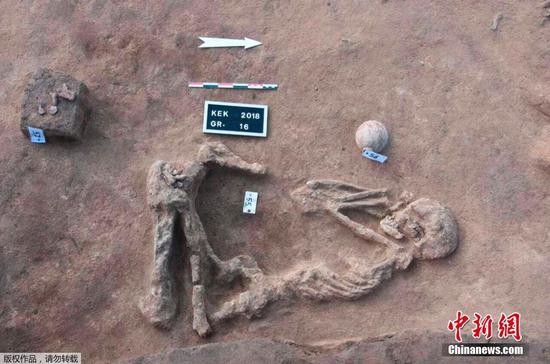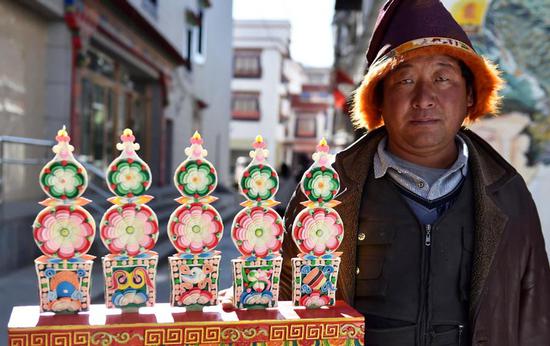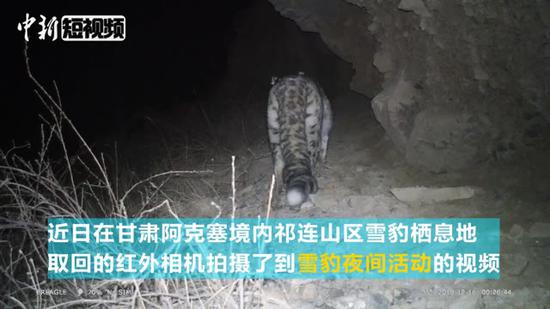The United States pressed all nations Saturday to "stand with the forces of freedom" in Venezuela, encouraged by a tougher European line as Russia and Cuba stood behind President Nicolas Maduro.
U.S. Secretary of State Mike Pompeo made a forceful case at a special session of the United Nations Security Council, where he said Maduro was responsible for Venezuela's economic collapse.
Pompeo asked all nations to follow the U.S. in recognizing opposition leader Juan Guaido as the interim president.
"Now it is time for every other nation to pick a side. No more delays, no more games. Either you stand with the forces of freedom, or you're in league with Maduro and his mayhem," Pompeo said.
He also urged all countries to end financial transactions with Maduro's government, which has struggled to pay bills despite the country's oil wealth.
Russia has denounced the United States for interference and attempted to block the Security Council meeting. It blocked a draft Security Council statement seen by AFP that would have offered full support to Guaido and called the National Assembly that he heads "Venezuela's only democratically elected institution."
"Venezuela does not pose any threat to peace and security. The intention of the United States is to orchestrate a coup d'etat," said the Russian ambassador, Vassily Nebenzia.
He accused the United States of continuing to treat Latin America as a "backyard where you can do anything you want".
Cuban Foreign Minister Bruno Rodriguez on Saturday also slammed Pompeo for his accusations of Havana as "the foreign power meddling in Venezuela".
Washington has been "orchestrating" a coup against the government of Maduro, he said.
"Cuba categorically rejects the slanderous accusations launched by the U.S. Secretary of State at the United Nations Security Council. His attack on the constitutionality of Venezuela, orchestrated from Washington, is doomed to fail despite all lies," said Rodriguez on social media.
U.S. President Donald Trump's recognition of Guaido has been supported by some Latin American powers, including Brazil, Colombia and Argentina-but not all.
European powers, after cautious initial statements, on Saturday warned that they will recognize Guaido unless Maduro calls elections within eight days.
"If within eight days there are no fair, free and transparent elections called in Venezuela, Spain will recognize Juan Guaido as Venezuelan president" so that he himself can call the vote, Spanish Prime Minister Pedro Sanchez said in a statement.
Britain, France, and Germany followed suit, with French President Emmanuel Macron tweeting: "The Venezuelan people must be able to freely decide on their future."
Backtrack on order
Venezuelan Foreign Minister Jorge Arreaza rejected the ultimatum, accusing the Europeans of "putting themselves at the tail" of Trump.
"From where do you get the power to issue deadlines or ultimatums to a sovereign people?" he told the Security Council.
The 28-member European Union is not united on Venezuela, with Greece's ruling left-wing Syriza party voicing "full support and solidarity" for Maduro.
Meanwhile, Venezuela defused a potential showdown with the U.S., suspending a demand that U.S. diplomats leave the country. It was seen as a move to defuse tensions with Washington.
Maduro had given U.S. diplomats three days to leave the country, but the U.S. government said it wouldn't obey, arguing that Maduro is no longer Venezuela's legitimate president. That set the stage for a showdown at the hilltop U.S. embassy compound Saturday night, when the deadline was to expire.
But as the sun set on Venezuela's capital, the foreign ministry issued a statement, saying Maduro's government was suspending the expulsion to provide a 30-day window for negotiating with U.S. officials about setting up a "U.S. interests office" in Venezuela and a similar Venezuelan office in the U.S..
The U.S. and Cuba had a similar arrangement for decades before Barack Obama's government restored diplomatic relations with the island nation.
The U.S. State Department did not confirm the Venezuelan government's account, reiterating only that its priority remains the safety of its personnel and that it has no plans to close the embassy.
AFP, Xinhua, AP and Reuters contributed to this story.









